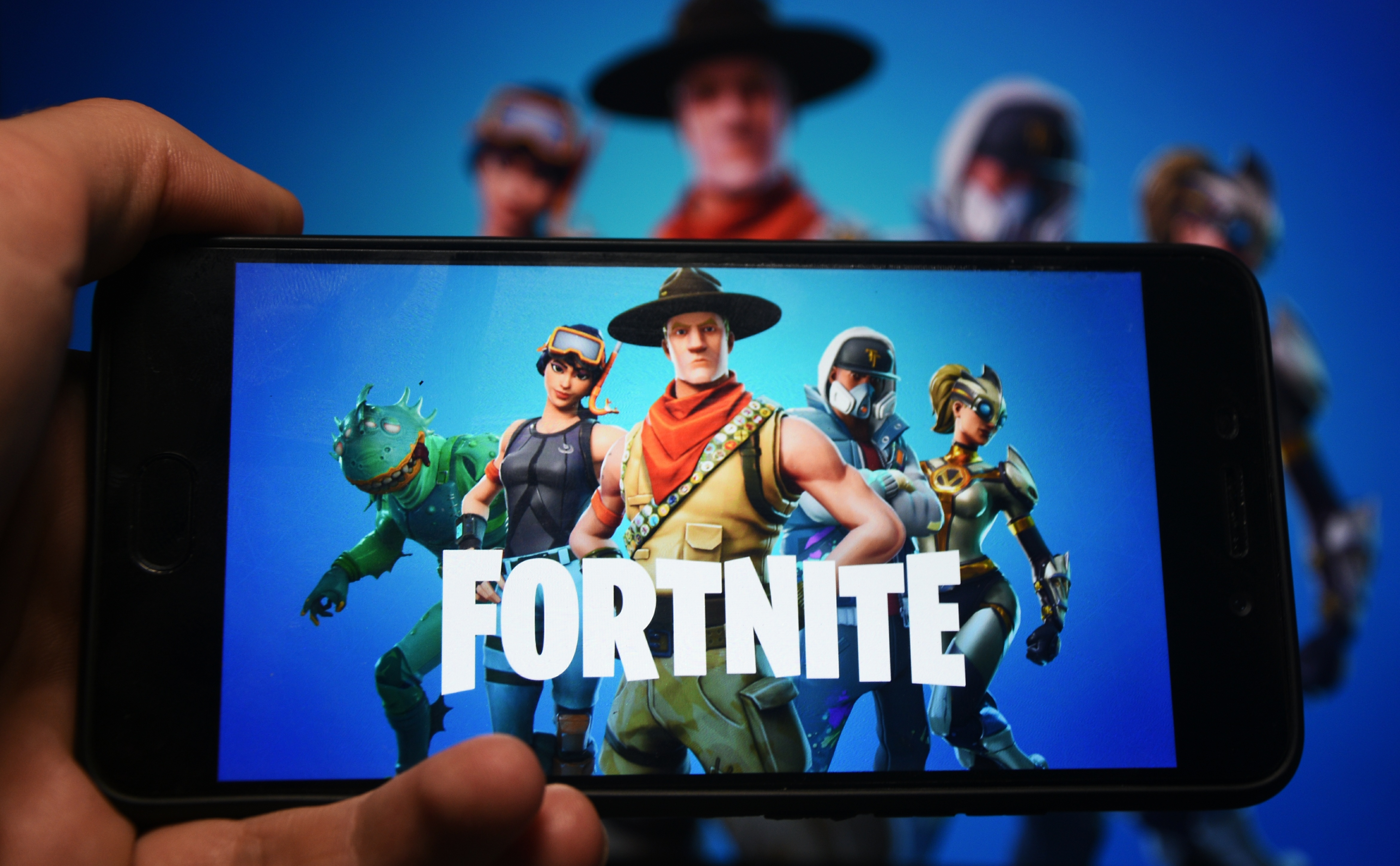Apple vs Epic Games: What the trial of the century means for you
Mobile apps stores are going to be scrutinized

It’s not an overstatement to suggest that the upcoming Epic Games vs. Apple lawsuit is one of the most important in tech for some time. At its heart is a battle over companies like Apple, Google and Sony making profit on in-app purchases and app sales on their platforms. Epic’s argument in this lawsuit, one of many it has launched in countries around the world, is that Apple has no right to profit from the labor of Epic and its employees.
If Epic wins this lawsuit, the implications for the industry will be substantial. Once a precedent has been established, any company would be able to argue the same and every company which operates an app store would be placed in a position where they would need to abide by such ruling.
- Check out some of the best mobile RPG games
- PC gamer? These are the best gaming machines we've seen
- Plus: Epic Games vs Apple — things just got ugly right before trial
For consumers, the outcome is uncertain. Tom’s Guide isn’t a legal resource and we’re not lawyers, so you’ll have to accept that our interpretation might not match the eventual outcome. We can explain what might happen though, so that’s what we’ll attempt here.
Here are some of the potential outcomes for this case
Firstly, Apple currently prohibits companies from promoting external ways to purchase in app goods. For example, Spotify can’t send you, via a link, to its own website to subscribe. Nor can it offer subscriptions at a higher price on Apple’s platform than it does on its own site. Logically, this is one thing that may change. Apple may be forced to allow companies to send customers elsewhere. This outcome wouldn’t much hurt Apple and it would likely appease a great many of the disgruntled developers.
In the EU, Apple has just been told that this practice is anti-competitive and it now faces a fine or rules about how it manages this aspect of the store. It will be allowed to argue its case with the regulators first though.
The second possibility is that Epic wins the case outright, having convinced the court that this model is unfair. If that happens, there might be some moderate chaos in the industry. Developers with big pockets will attempt to negotiate better deals or regulators may decide to cap the maximum a company can charge.
This doesn’t feel like a particularly likely outcome, especially as last year Judge Yvonne Gonzalez Rogers said “Walled gardens have existed for decades,” citing other games companies like Nintendo, Sony and Microsoft. She also said “It’s hard to ignore the economics of the industry, which is what you’re asking me to do.”
Get instant access to breaking news, the hottest reviews, great deals and helpful tips.
It is also possible that Apple might settle with Epic directly during the trial. This feels fairly unlikely, as it could have already done this. If it did, one might conclude that Epic will get a special deal, similar to the one Apple apparently did with Amazon to secure the Prime Video Store on iOS devices. While this would potentially put a stop to this chapter, Epic might still end up in court with Google, and that would still set a precedent that would affect Apple.
And when this is all over, Apple might reconsider the whole system anyway. Its all-inclusive model may go away and it may instead charge developers to host paid apps as well as billing them merchant fees for payment services. Apple is more than capable of working out other ways to monetize the sale of apps and services through its platform. This would change things, but it wouldn’t put more money in consumers pockets, nor generate more revenue for developers.
Apple currently charges developers $99 a year to submit an app and takes a cut of 30% on both the initial purchase, if there is one, and any in-app items sold. Developers with a turnover of less than $1 million get a reduced rate of 15%.
What does any of this mean to you?
You might be excited by the possibility that your in-app purchases are going to get cheaper. Certainly Epic did reduce the cost of its virtual currency by 20% when it breached Apple’s rules and linked out of the app to its own store. It did not, you will notice, reduce them by 30% on its purely virtual items. It’s unlikely customers will ever see much benefit for most things. Spotify won’t be $8 instead of $10 and apps won’t suddenly drop 30% in price.
The future of Fortnite is perfectly secure no matter what happens between Epic and Apple. The games company makes more on PlayStation than it did on iOS devices anyway, The Verge reported.
Even so, it’s unlikely Epic wants to say goodbye to that extra revenue. The problem is, it can’t very well back down now without some sort of public deal with Apple. If the commission was cut to 15%, Apple would then be facing every large developer in the world asking for the same deal. It seems likely that Apple will simply hold on its position as the loss of Fortnite doesn’t impact its bottom line significantly.
Whatever Epic might say, this battle is about money and nothing more. Epic doesn’t own a platform on which to distribute games like Fortnite. It hasn’t spent the billions of dollars it takes to create an entire platform and it hasn’t spent billions more every year advertising its product all over the world. Instead Epic uses the work of others to reach a large audience. There’s nothing wrong with this model, it’s how shops have worked for some time. It’s kind of the model for capitalism, really.
While Apple will be keen not to lose App Store revenue, it’s important to remember that it forms around 25% of the company’s income. Apple’s future as a service provider is somewhat assured. It offers music, TV and fitness apps. Cloud storage as a business will only grow over time, and even if it reduced its cut of app store revenue, there’s still a lot of potential for the Cupertino-based company to retail its $2 trillion valuation.
Ian has been involved in technology journalism since 2007, originally writing about AV hardware back when LCDs and plasma TVs were just gaining popularity. Nearly 15 years on, he remains as excited as ever about how tech can make your life better. Ian is the editor of T3.com but has also regularly contributed to Tom's Guide.
 Club Benefits
Club Benefits





